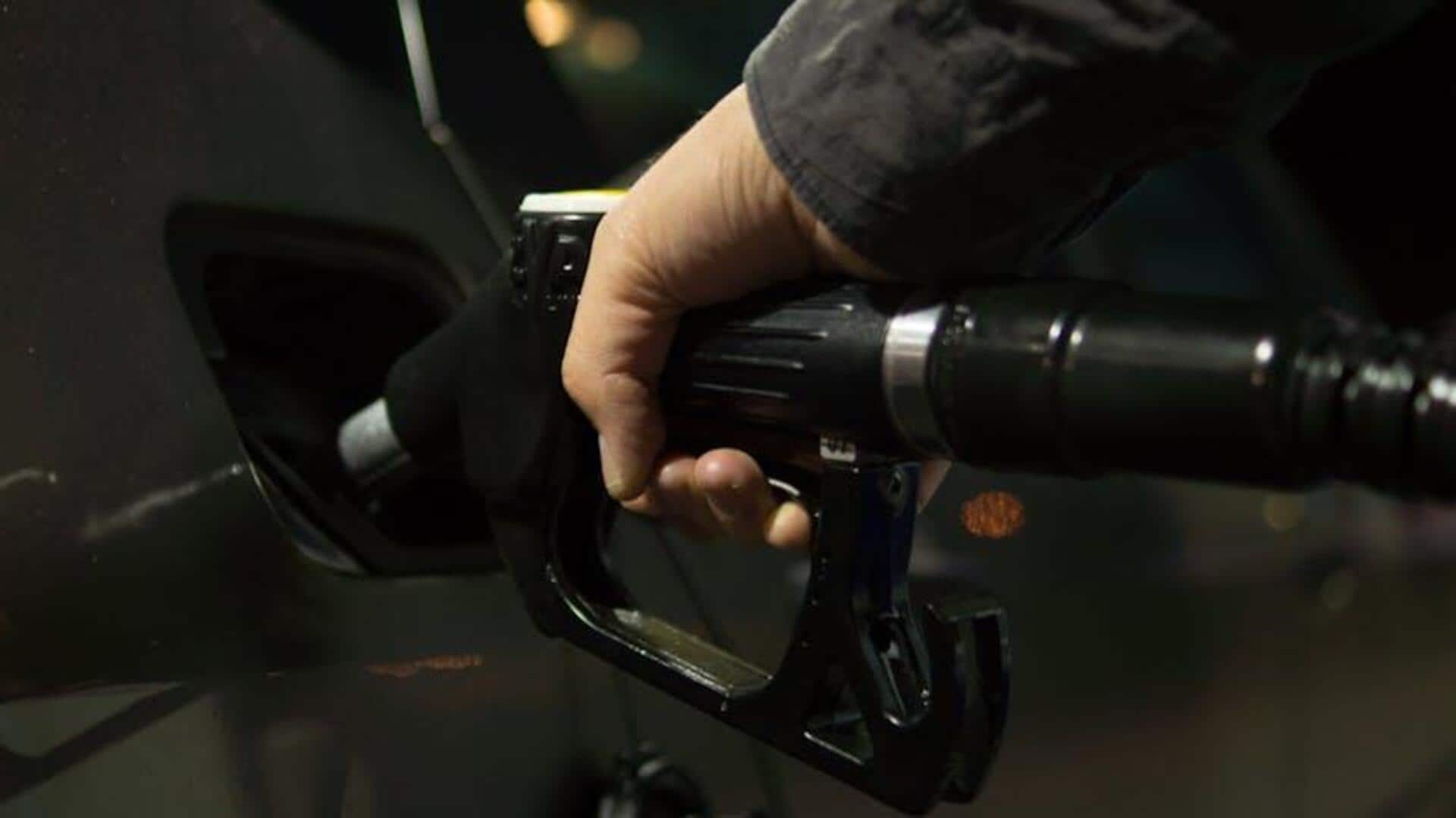
Fuel prices soaring? Switch to e-bikes and save big
What's the story
Ready to leave traffic jams and petrol prices in the dust? Electric bikes (e-bikes) are racing ahead as the future of urban commuting in India. With fuel costs hitting new highs and sustainability on everyone's radar, e-bikes promise a smarter, greener, and more cost-effective way to travel. But mastering the economics of your e-bike can turbocharge your savings. From battery tips to government incentives, we'll show you how to ride smarter and own the road like a pro.
Tip 1
Understanding initial costs and savings
The upfront cost of a decent electric bike starts around ₹20,000 and can go well over ₹1 lakh for premium brands with advanced features. While this might sound high compared to regular bikes, remember you'll be saving a ton on fuel costs. A regular commuter can easily save around ₹2,000 a month just on petrol by switching to an e-bike. That's a huge saving over a year!
Tip 2
Government incentives and subsidies
The government of India provides incentives and subsidies to electric vehicle buyers through the FAME India scheme. You can save up to 20% on the cost of an e-bike. So, before you make a purchase, check out these schemes in your state or region. You'll be able to take advantage of financial incentives that significantly reduce the initial purchase cost.
Tip 3
Battery life and replacement costs
The affordability of e-bikes is heavily dependent on battery life, which typically lasts three to five years. When you need to replace it, it could cost anywhere between ₹15,000 and ₹30,000. To extend battery life, avoid letting the battery drain completely before recharging. Also, if you store your battery in a cool place when you aren't using it, you can help it last longer.
Tip 4
Maintenance expenses compared to petrol bikes
E-bikes are cheaper to maintain than petrol bikes because they have fewer moving parts. For example, you don't need to worry about oil changes or engine upkeep. That said, you should regularly check brakes, tires, and electrical connections. While the average annual maintenance cost of an e-bike could be as low as ₹1,500, for a petrol bike, it could be ₹4,000 or higher.
Tip 5
Charging infrastructure and electricity costs
While public charging infrastructure in India is still developing, home charging is the most practical solution for the majority of e-bike users. Charging an e-bike is a fraction of the cost of petrol. A full charge uses approximately one unit (kWh) of electricity, which translates to about ₹7 based on local tariffs. This is a huge saving, particularly considering petrol prices are now over ₹100 per liter.